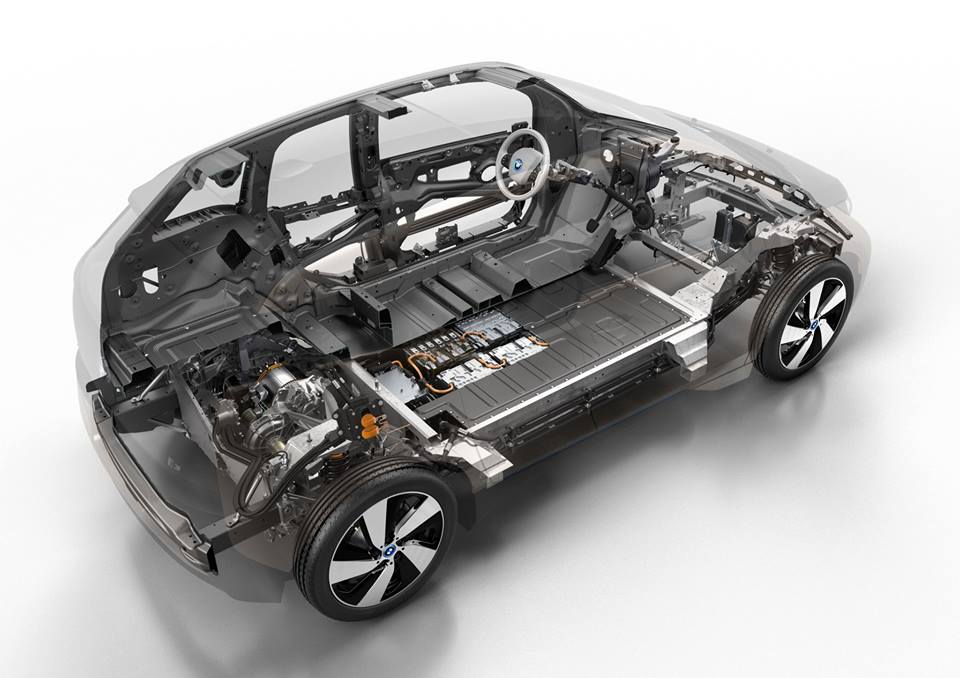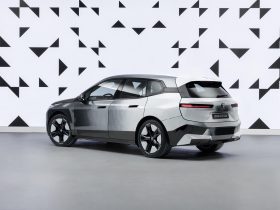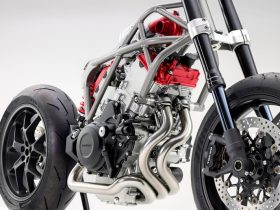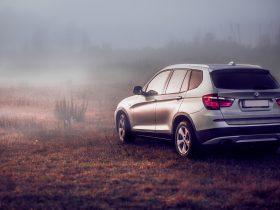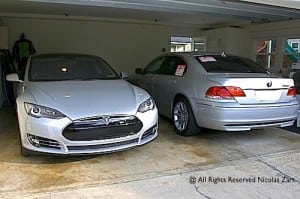
When Elon Musk starts to talk, we usually have a lively discussion on our hands. But lately, Musk has got a lot of push back from the industry. Is it just growing pains or a clash of the cultures between old and new carmakers?
Tesla Motors versus BMW
BMW has a lot riding on its shoulders with the i3. The little electric car, that was actually designed with an on-board generator in mind is a great electric vehicle (EV) as our initial test drive proved. Of course, when you are stepping into the EV field, you need to look at the competition, which until now starts with Tesla Motors. Tesla Motors stunned the world by showing you could build a car from the ground up using nothing more than aluminum and regular laptop 18650 battery types.
Here is where things get interesting. While Tesla Motors is the darling of the EV industry, it rubbed the competition the wrong way many times. We can’t take away from the charm Tesla offers, nor the hype, but one thing Tesla is pretty mum about is manufacturing and its effects. In a crude generalized way, most people buying a $75,000 plus Tesla Model S don’t care as much about environmental issues as they do about technology and performance. However, that was the first wave of early adopters. I feel the second wave is going to be much more interested in other issues, such as lowering their carbon footprint. This is something Tesla Motors needs to manage as it readies itself to introduce the famous $40,000 EV.
BMW takes on Tesla’s claim to glory.
While Elon Musk is certainly entertaining to hear, he impatiently tries to change an entire car manufacturing industry and its own culture developed over a century. After all, an EV startup has a very different culture, then say GM. Tesla also makes a lot of money selling its carbon credits to other companies. This is the angle BMW decides to use to strike back. As you would guess, the effervescent Elon Musk is now clashing with the rational Teutonic BMW. BMW says its i3 is by far a much better electric vehicle. Here is why.
In a Yahoo Auto news piece, Elon Musk was asked to give his impressions on the BMW electric i3. He broke out laughing and eventually said: “I’m glad to see that BMW is bringing an electric car to market… There’s room to improve on the i3 and I hope that they do.” To which BMW replies with very good points that should leave Tesla Motors pondering how to counter it. Hint, they won’t. It’s not in Tesla’s DNA to refute every points made against them. They have the fair share of consumer enthusiasm BMW doesn’t have yet.
Ludwig Willisch, President and CEO of BMW North America started his methodical counterpoint with Business Insider by stating that the i3 is “the ultimate driving machine among the EVs.” They are just reusing the same slogan they do for their gasoline cars, although in this case, they can actually defend it.
You need to look at the whole process.
Willisch then says: “We start off by producing carbon fiber in Moses Lake, Washington, with hydropower. Then we use fully recyclable materials to build the car. We build the car with wind power. So the whole production cycle is fully sustainable… others build electric cars the conventional way… you need to look at the carbon footprint of the whole thing. I would dare say that nobody’s at this point in time where we are, as far as the whole production process is concerned.”
That is a pretty thorough and clinical response. It is well thought out, and this is something Tesla Motors will have to contend with more in the near future. In other words, until now, Tesla Motors rode the high winds of success with the excitement it created amongst its user base, and yes, us journalists. After all, the cars are amazing and all Elon Musk needs to do is to use his ebullient personality to keep the momentum going. But this right brain approach to this predominantly left brain carmaker world doesn’t always work well, unless you are not a carmaker. More to that point later. BMW retorts with a logical statement, leaving Tesla a choice to ignore it or answer it on its own turf. You see how this is becoming a fine chess game.
This is where Tesla has a few choices. It can either continue to ride the enthusiasm is has, or follow BMW down a path it isn’t used to. The other choice left is to keep Elon Musk as a spokesperson for the next year or so, until he pulls back to a Chairman role, to focus more on SpaceX. At this stage, a new CEO will step in, better equipped to handle these rational Germans. Strangely enough, Tesla Motors’ best line of defense is to show it isn’t a carmaker, but a technology and energy company.
The flaw in either argument is something intangible everyone scrambles to measure. It’s the definition of the non-quantifiable, consumer appeal to a specific brand or technology. Tesla Motors rightfully feels it has the claim of the EV heart in the decision making process. BMW struck back with an environment-based EV appeal. Both are valid, but only one will win as the second wave of potential buyers now turn their eyes to those darn strange electric vehicles. Can you see where this is going for Tesla Motors, BMW and the entire electric vehicle industry?


